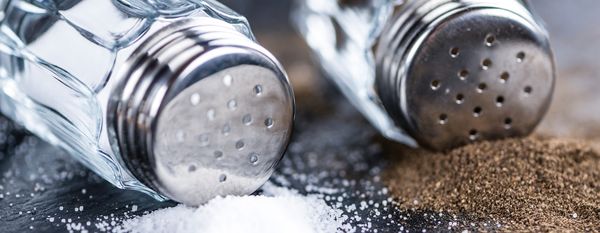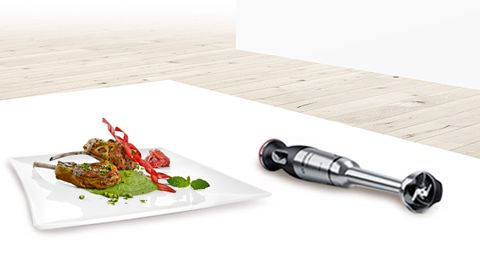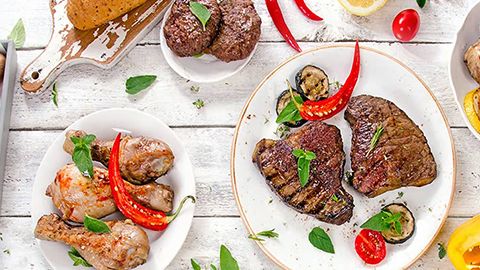If you’re just getting started on your cooking journey, it can be a little intimidating trying out new recipes and maybe even quite discouraging when you don’t get it right the first time. But practice makes perfect, so don’t give up! To make things easier for you, we’ve put together a list of six common kitchen or cooking mistakes people make, and how you can avoid them.
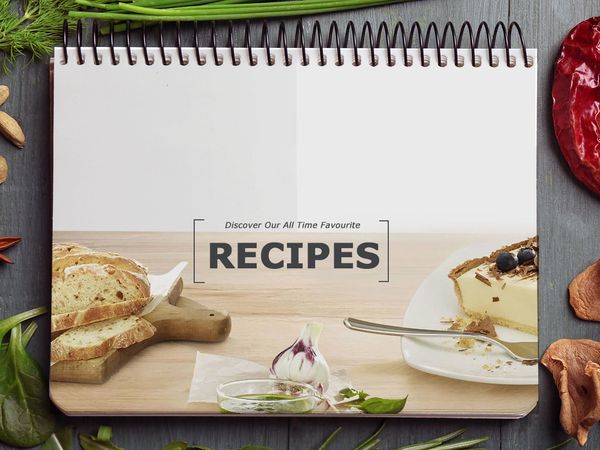
1. Read up, Prep up
It’s easy to underestimate the importance of prepping before you start cooking, and you’ll be surprised to find out how much time you can save by following this tip. Before you start out, read your recipe carefully and make sure you have the ingredients and the kitchen equipment you need from start to finish. No more fumbling around the fridge or cupboards while your sauce boils over!
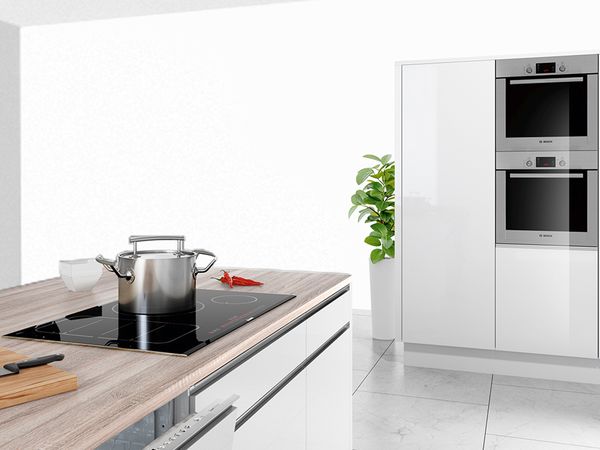
2. Pre-Heat Your Pans and Ovens
This tip applies to all kinds of cooking – pre-heating the pan seals the juices of meat patties or slices and gives it a nice brown sear from the moment it hits the pan. Not pre-heating your pan can result in soggy food or vegetables that take too long to turn tender. You can tell if your pan is ready if a few drops of water thrown on the cooking surface “jump” and evaporate.
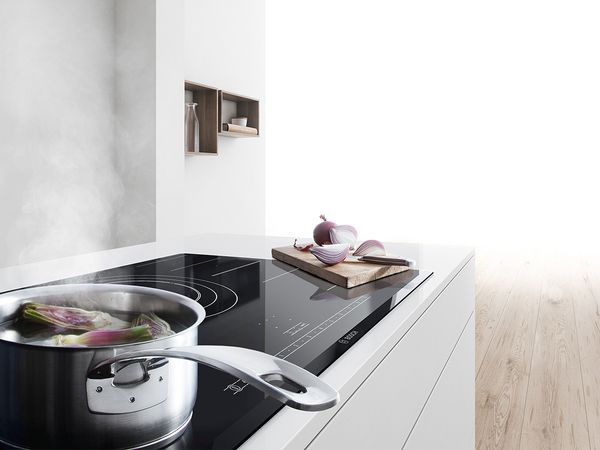
3. Size Matters
When you are boiling food, it’s important to make sure that there’s enough water for the food to “swim”, especially when it comes to pasta, which expands as it cooks. If there’s too much food and too little water, the spaghetti turns clumpy and starchy. Likewise, take note of your pan size when you’re frying on a pan. Try not to add too many pieces of meat or vegetable that you have trouble flipping over, which may not cook evenly.
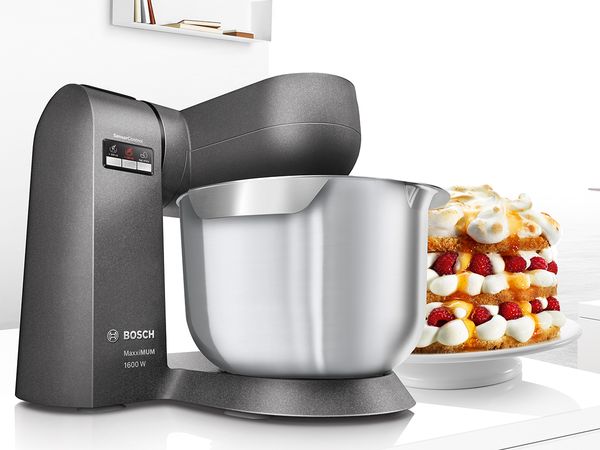
4. Over-Mixing Doughs and Batters
Over-mixing doughs and batters can result in chewy, slightly tough cakes and muffins. Using a good kitchen machine or food processor is an easy way to make sure that you get the consistency you want – just follow the instructions for the right dough or batter texture.
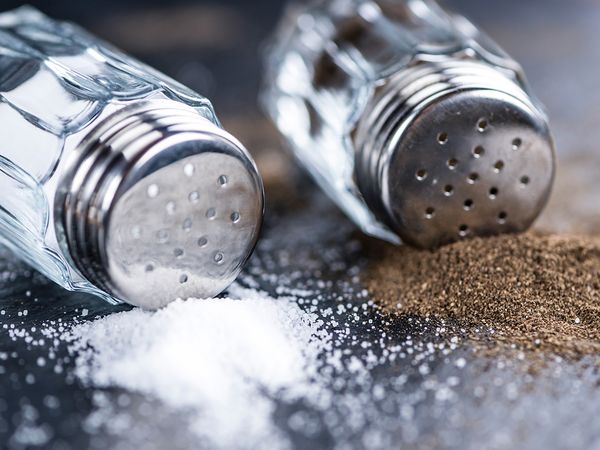
5. Keep Tasting
If you’re attempting a dish you seldom prepare or have not cooked before, it’s probably a good idea to keep tasting your food every step of the way to avoid under or over seasoning it. Taste early, and often. If you find that you’ve over seasoned your food, try to dilute it by adding a little lemon juice or vinegar to balance out the flavours.
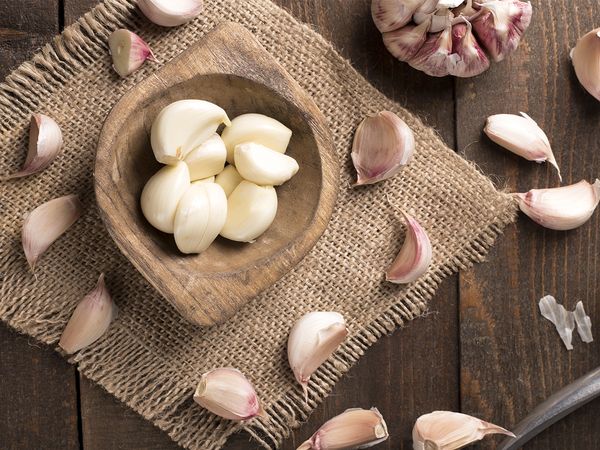
6. Add Garlic at the Right Time
Burnt garlic will turn the most well-seasoned meat or vegetable dish bitter, so when you start sautéing your garlic is very important. If possible, try to use minced or smashed garlic, which are less likely to burn in the pan. If you’re attempting Western recipes, add the garlic close to the end of the cooking process. If you’re cooking Asian stir-fries, which often call for garlic to be sautéed in the beginning, watch carefully and make sure to add liquid or turn down the heat once it turns golden brown.
With these six tips on hand, get ready to pursue your culinary inspirations and impress your family with healthier and smarter cooking!
